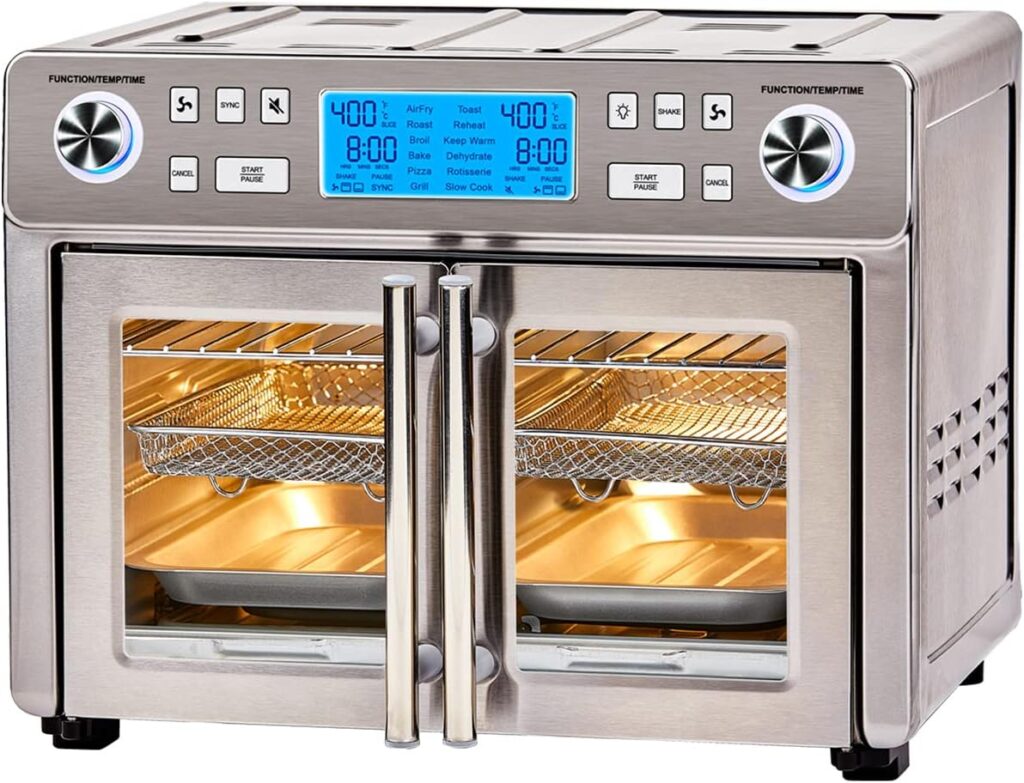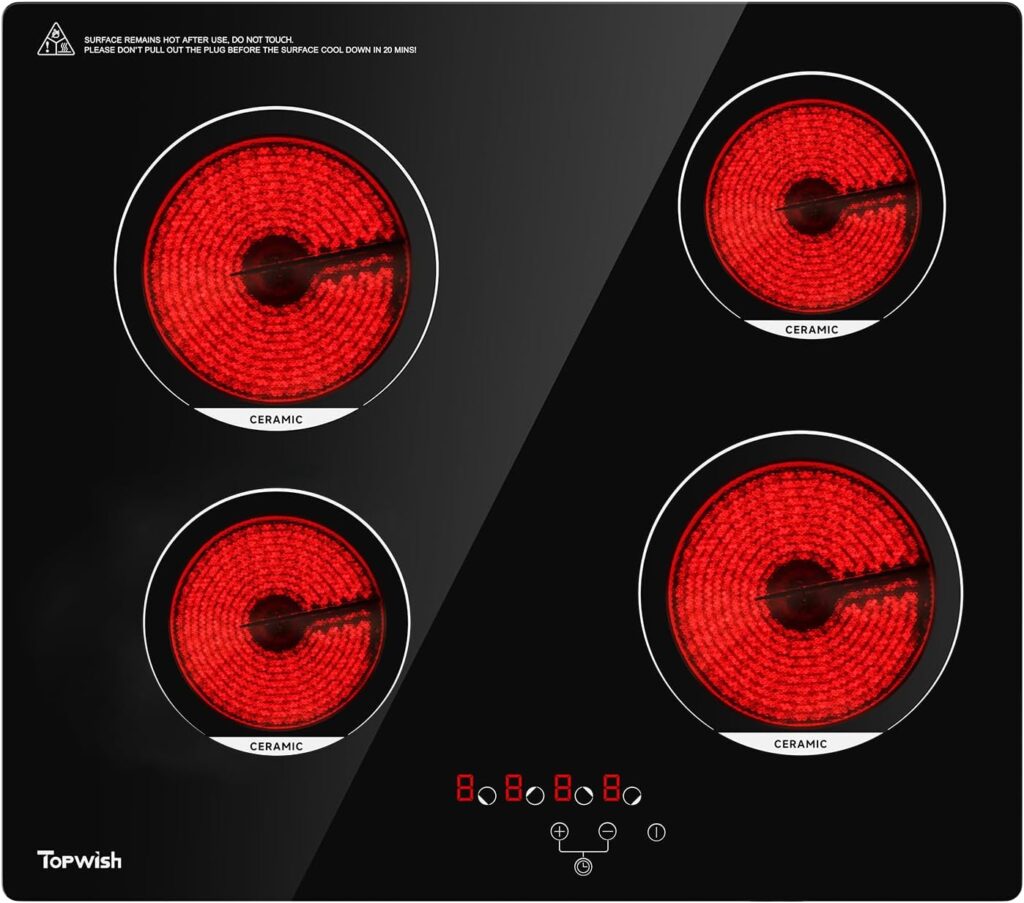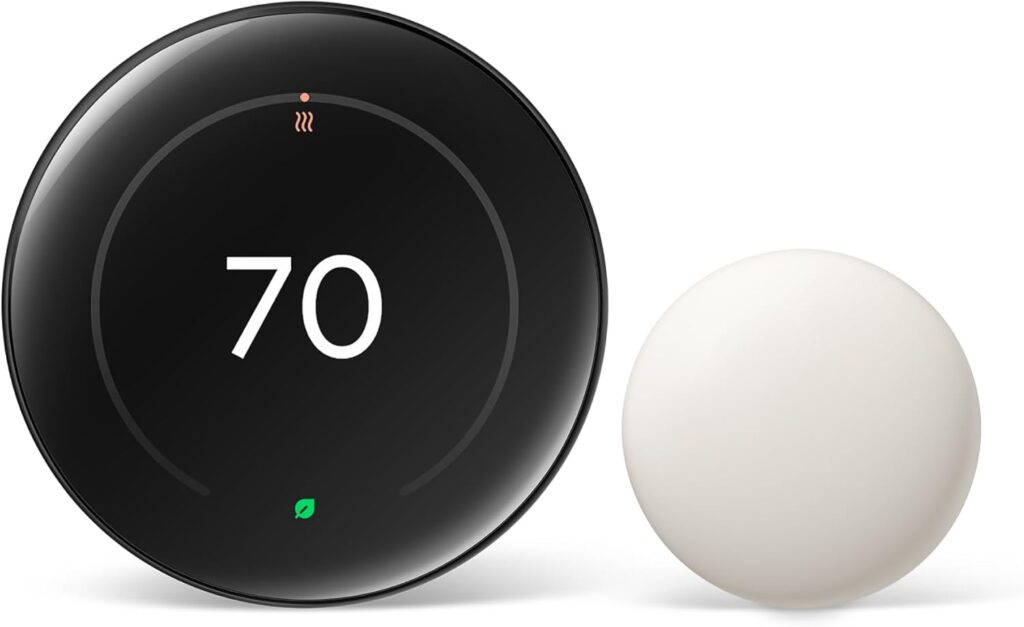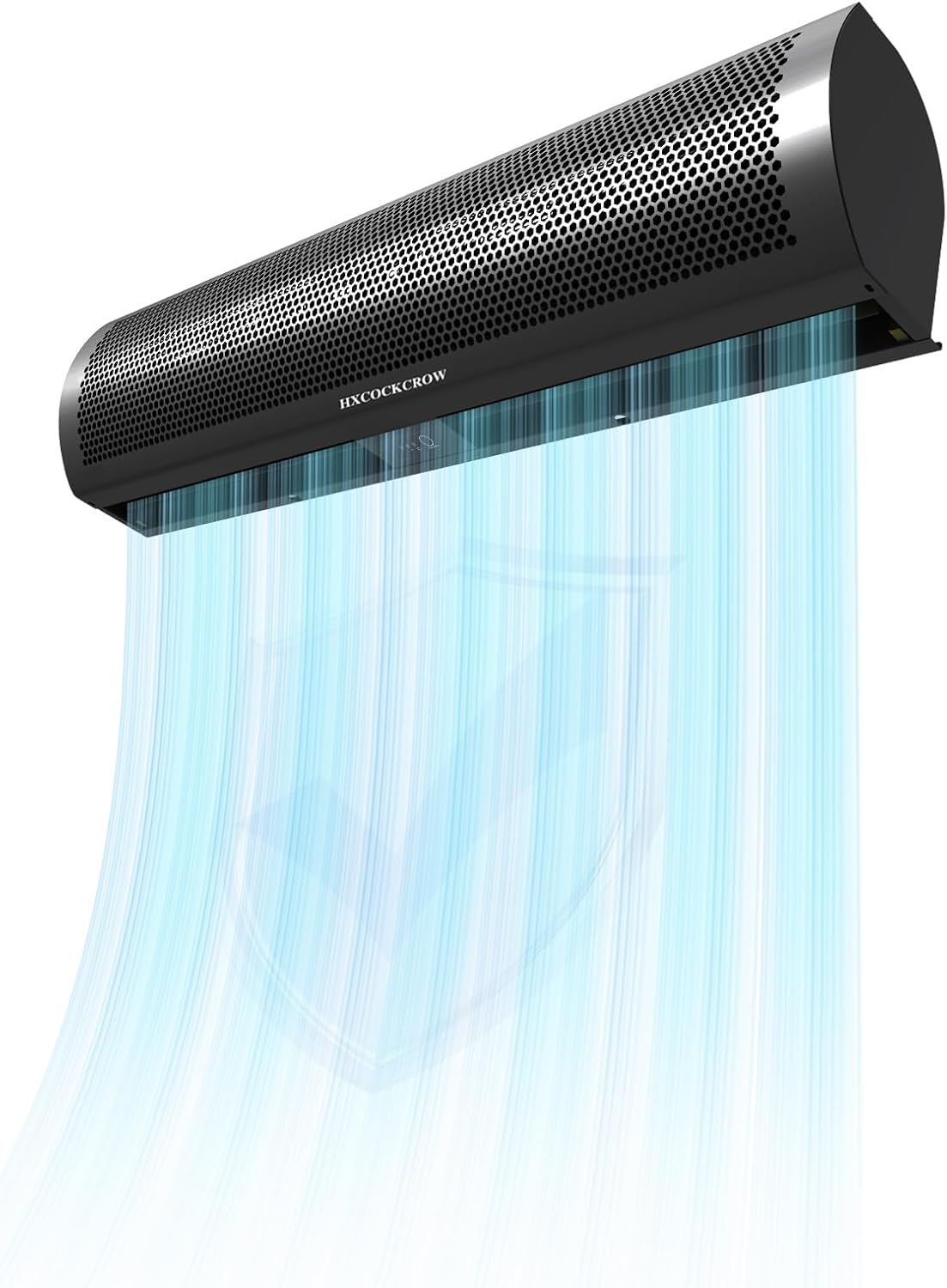Artificial Intelligence (AI) is no longer a concept confined to science fiction or big tech firms — it’s in our pockets, our cars, and more importantly, our homes. From smart refrigerators that manage your grocery list to voice-activated washing machines, AI in home appliances is revolutionizing the way we live.
In 2025 and beyond, home automation powered by artificial intelligence is rapidly shifting from luxury to necessity. Consumers want smarter, more efficient, and more personalized living environments — and AI is delivering exactly that.
In this blog, we’ll explore how AI is shaping the future of home appliances, the benefits it brings, key examples across different types of devices, and what it means for the everyday user.
What is AI in Home Appliances?
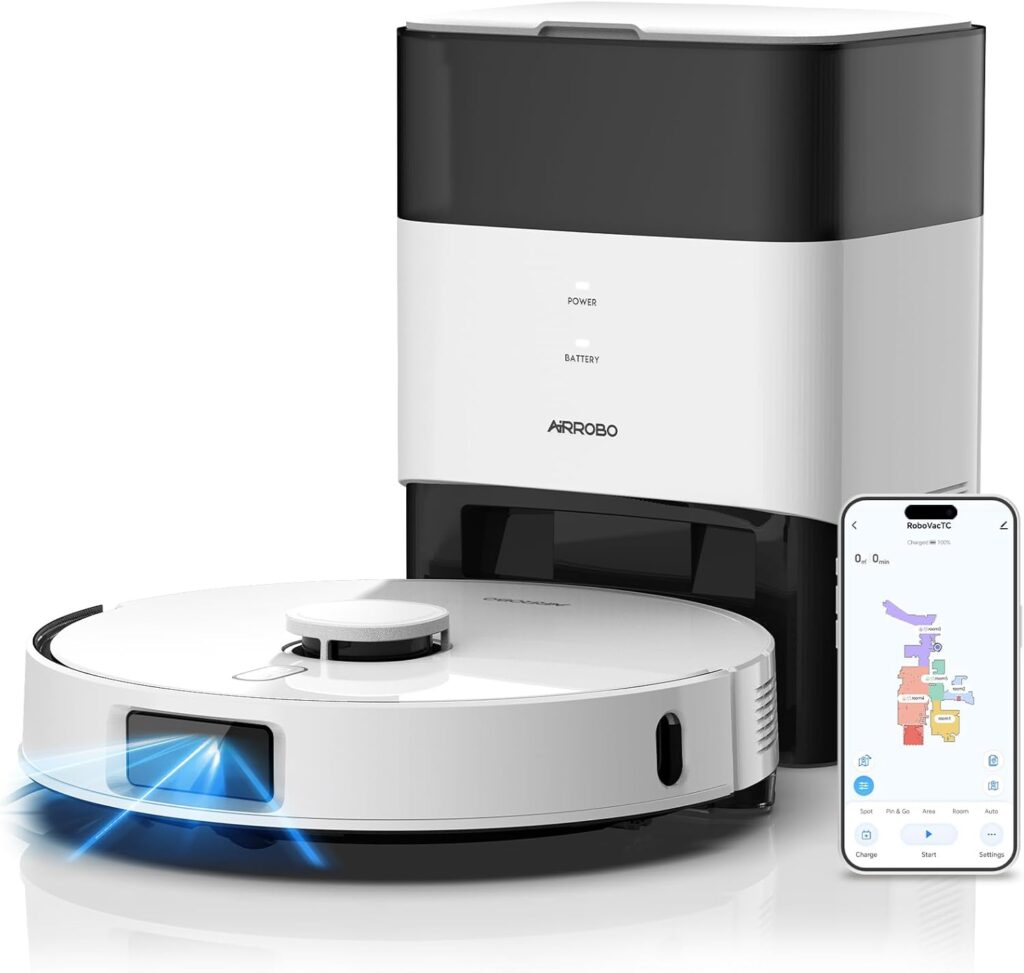 AI in home appliances refers to the integration of machine learning algorithms, data processing, and smart sensors into common household devices. These “smart appliances” can:
AI in home appliances refers to the integration of machine learning algorithms, data processing, and smart sensors into common household devices. These “smart appliances” can:
Learn user preferences and habits
Make decisions based on data
Predict maintenance needs
Communicate with other devices
Operate autonomously or via voice/remote control
Unlike traditional appliances, AI-enabled ones aren’t just programmed — they’re adaptive. They analyze your behavior over time and adjust their functions accordingly to save time, energy, and even money.
Benefits of AI in Household Appliances
The shift toward AI-powered appliances isn’t just about technology — it’s about enhancing daily life. Here’s how:
1. Convenience and Time-Saving
Smart appliances handle tasks automatically or with minimal input. For instance, AI ovens can recognize the dish you’re cooking and adjust the temperature and timing accordingly.
2. Energy Efficiency
AI appliances learn usage patterns and optimize energy use, reducing waste. Smart thermostats or refrigerators adjust power consumption based on your routine or when no one’s home.
3. Predictive Maintenance
Rather than waiting for a breakdown, AI devices can detect anomalies and alert users before issues become serious. This saves money and prevents disruptions.
4. Personalization
AI learns how you like your coffee, your washing preferences, or your ideal room temperature — and adjusts settings for a tailored experience.
5. Remote Monitoring and Control
From your smartphone or voice assistant, you can control your appliances from anywhere. This is a game-changer for busy or elderly users.
 Examples of AI in Common Home Appliances
Examples of AI in Common Home Appliances
Let’s look at how AI is being applied in actual household devices:
1. Washing Machines 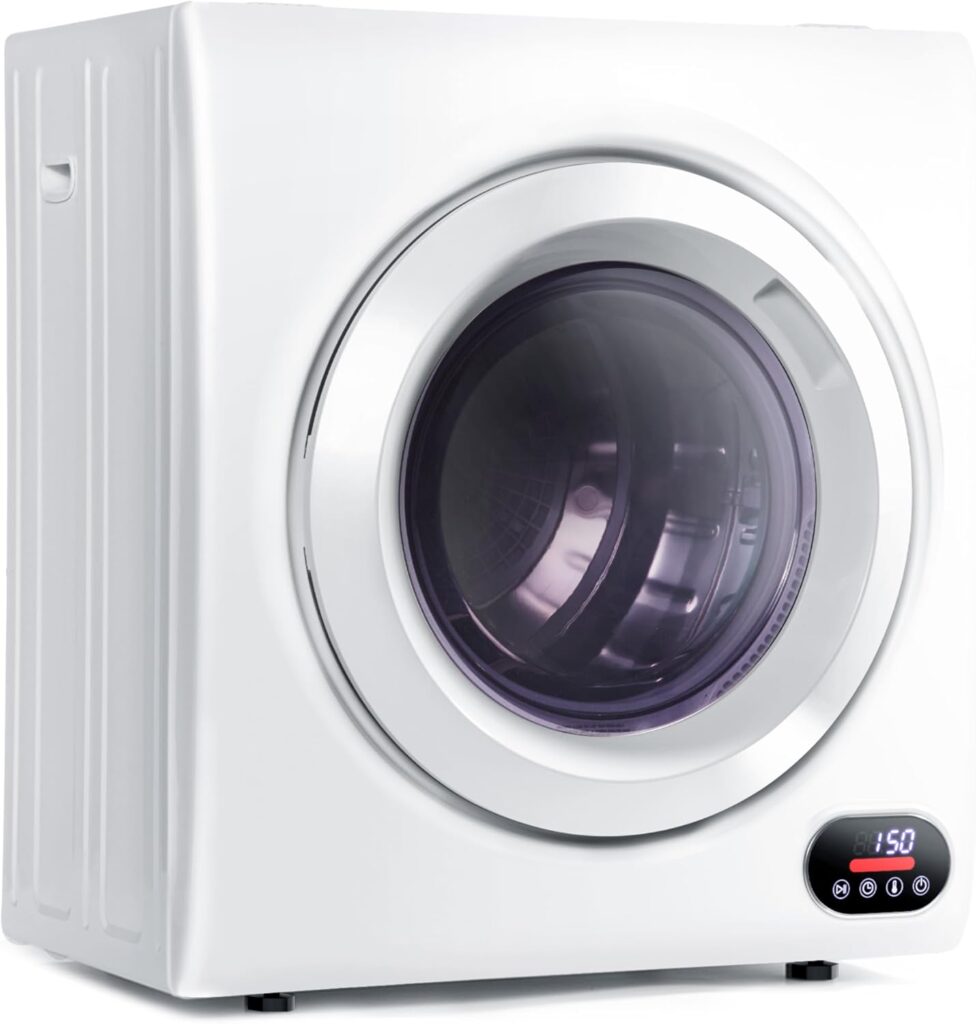
AI washing machines now feature:
Load detection: Identifying fabric type, load weight, and detergent needed.
Cycle optimization: Adjusting water levels and washing time to save resources.
App connectivity: Allowing users to start or monitor a wash remotely.
2. Refrigerators
AI refrigerators can:
Track expiration dates
Suggest recipes based on ingredients inside
Alert you when groceries run low
Adjust internal temperature zones automatically
3. Ovens and Cooktops
AI-enabled kitchen appliances:
Recognize food types
Adjust cooking times and temperatures
Notify users via mobile app when food is ready
Suggest recipes based on dietary preferences
4. 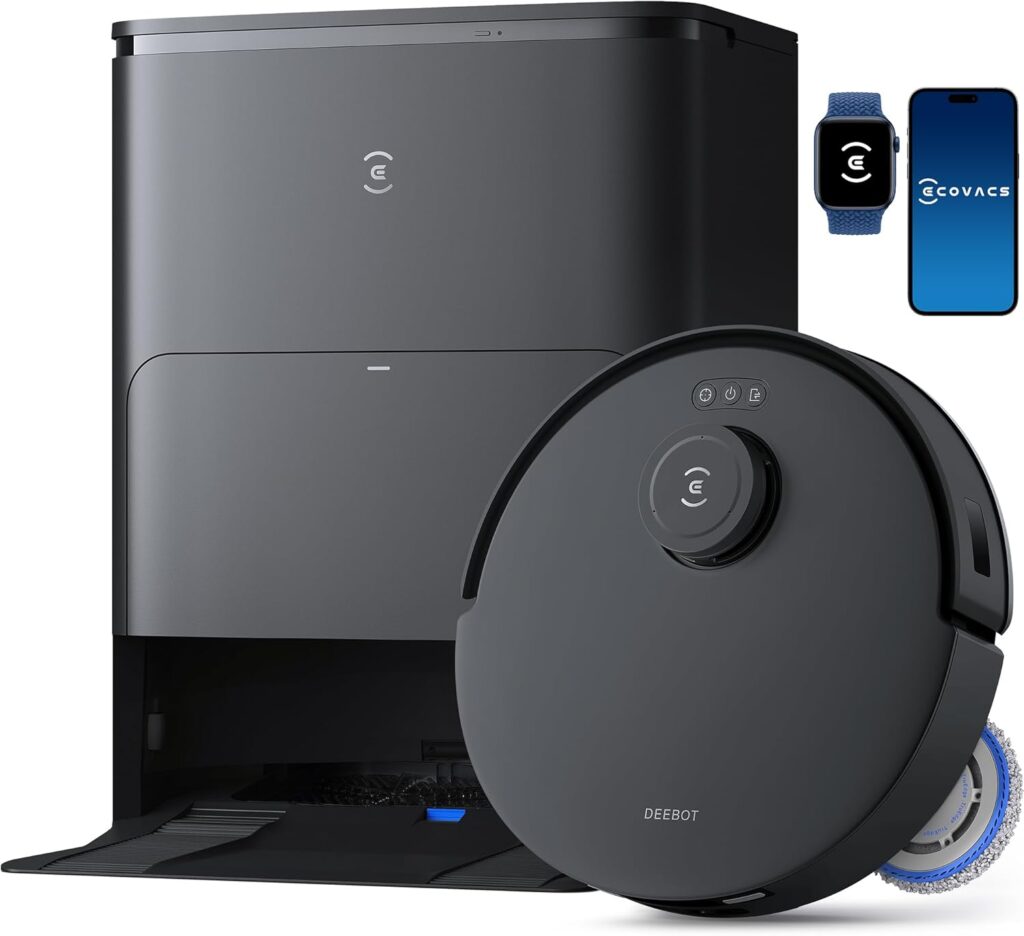 Vacuum Cleaners
Vacuum Cleaners
Smart vacuums use AI to:
Map your home using LIDAR or cameras
Learn furniture layouts and high-dirt areas
Avoid obstacles and detect falls
Clean automatically based on scheduled routines
5. Air Conditioners and Thermostats
AI climate control systems:
Learn your preferred room temperature
Adjust based on external weather
Turn off or down when no one’s home
Offer energy-saving tips
6. Voice Assistants (Amazon Alexa, Google Assistant, etc.)
AI voice assistants are the command center of a smart home, controlling everything from lighting and music to appliances.
Through voice, you can:
Start your coffee maker
Check what’s in the fridge
Preheat the oven
Get maintenance alerts
The Bigger Impact: Smart Homes and Sustainable Living
AI in appliances plays a key role in building smart homes, where multiple devices talk to each other and create a seamless experience.
Imagine this scenario:
You say “Good morning” to your voice assistant.
It opens the curtains, brews your coffee, and starts your morning playlist.
Your AI fridge suggests breakfast based on your schedule.
The thermostat warms the room to your preference.
The robot vacuum cleans while you’re at work.
This isn’t the future — it’s already happening.
And beyond comfort, AI-powered appliances contribute to eco-friendly living:
They reduce water and energy waste.
They prevent unnecessary repairs.
They extend appliance life, reducing electronic waste.
How AI Learns: The Role of Machine Learning in Appliances
AI in home appliances is primarily powered by machine learning, a branch of AI that allows systems to learn from data and improve over time without explicit programming.
Here’s how it works:
Sensors and software collect data (e.g., your washing preferences).
Algorithms analyze patterns (you use hot water for towels but cold for shirts).
The appliance adjusts its settings automatically.
Over time, it becomes more accurate and personalized.
The more you use an AI appliance, the smarter it gets.
Challenges and Concerns
Despite the benefits, AI in home appliances comes with some concerns:
1. Privacy Issues
Smart appliances collect data on your habits. If not properly secured, this data can be misused or hacked.
Solution: Choose trusted brands that use encrypted data transfer and offer transparency on data policies.
2. Cost
AI appliances often cost more than traditional ones. However, long-term energy savings and added convenience can balance this out.
3. Complexity
Some users — especially older generations — may find AI-based interfaces confusing or unnecessary.
Solution: Many brands are simplifying user experiences with easy app control and voice commands.
The Future of AI in Home Appliances
Looking ahead, the AI-powered home will only get smarter. Trends to watch include:
Hyper-personalization: Appliances that adapt in real time based on your emotional state or biometric data.
Voice-first homes: Where you control nearly every device using natural language.
Self-repairing appliances: Devices that detect faults and fix themselves or order parts automatically.
AI assistants with emotional intelligence: That can read your mood and adjust lighting, music, and temperature accordingly.
Interconnected systems: Where your entire home ecosystem — appliances, security, energy — communicates as one.
How This Affects Manufacturers and Businesses
For appliance companies, AI is no longer optional — it’s a competitive necessity. Consumers are demanding smarter, more efficient, and more intuitive devices.
Manufacturers must:
Invest in AI R&D
Focus on user-friendly interfaces
Prioritize security and sustainability
Train customer service teams to support smart features
The market for smart home appliances is expected to exceed $100 billion by 2030, making it one of the most exciting sectors in consumer electronics.
Final Thoughts
AI is changing the way we interact with our homes. From refrigerators that shop for us to vacuums that map our floor plans, smart appliances are becoming essential partners in our daily routines.
As we move deeper into the age of automation, the question is no longer “Do I need AI at home?” but rather “How smart can my home be?”
Whether you’re a tech enthusiast, a busy parent, a solo entrepreneur, or someone who just loves convenience — AI in home appliances is here to make your life easier, cleaner, safer, and more efficient.
Ready to Upgrade Your Home?
Looking to integrate AI-powered appliances into your space?
Need help designing a smart, connected home system?




